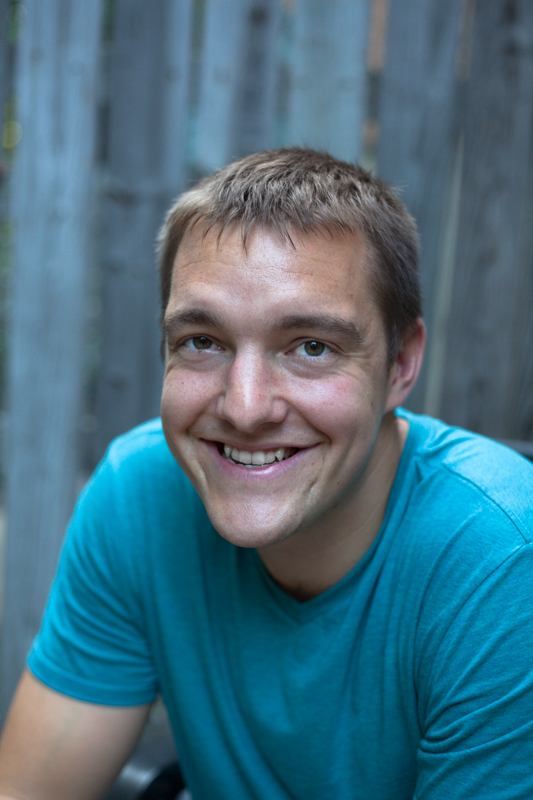I’m back again with my second installment of great books I’ve recently discovered. If this recurring theme should tell you anything it’s that I’ve been opting to do a lot more reading in the evenings than blogging. These books aren’t necessarily newly published, it’s just that I’m getting to them now. You can see my prior recommendations here.
Of course I was going to love this! You kidding me?! Even though I have already listened to literally every Tim Ferriss Podcast from day one, I still read this and absolutely loved it. Reading the ideas in a book is a much more effective way to take in the ideas than passively listening while commuting. This was one of those books that I became sad halfway through because I knew it was going to end one day and I’d have read all of it. So many incredible tips and quotes. For the uninitiated, this book consists of Tim Ferriss’s notes from his podcast, in which he interviews top performers in pretty much any discipline. I gained so much from this book that I had to start an Evernote doc just to keep track of it all. As a side note, getting this book in physical form has converted me back to reading paper books as opposed to ebooks, and my bookshelves are filling up again as a result. I sort of regret having switched to e-books for so long!
Nassim Taleb – Antifragile: Things That Gain from Disorder
I read The Black Swan a while back and really enjoyed it. Taleb just has a different view of the world and I think he’s one of the greatest thinkers of our time. I was completely blown away by Antifragile though and enjoyed it even more. In this book, Taleb explores the idea that uncertainty, volatility, and disorder are in most cases desirable. He spans this across everything from politics, medicine, to finances, and academics. This results in an incredibly interesting perspective that will challenge all of your assumptions. His writing style is also highly entertaining, and he is brutal to his targets. I also can’t help but adore his disdain for most academics and intellectuals. Having grown up around academia, I ran to small business the second I was handed my bachelor’s degree, and still look back in awe at how dysfunctional it is comparatively.
Ben Goldacre – Bad Science: Quacks, Hacks, and Big Pharma Flacks
I have virtually no science knowledge other than a deep love for Radiolab podcasts, so I thought this book would be worth my time. I was not disappointed. In his book, Goldacre demonstrates with thought experiments and even do it yourself experiments how so many things we readily accept are completely false. Then he goes on to take on the media’s coverage of scientific studies, demonstrating how they get it so wrong and even why. He also covers placebo effects, sample sizes, and much more. Most importantly, for me at least, was that this book was highly entertaining, interesting, and not at all dry. I walked away feeling first a little depressed about the state of things, but also much more confident that I wouldn’t fall for the same tricks. Be forewarned though, your peers most likely haven’t read this, which means you’ll find yourself in plenty of arguments if you dare approach some of the subjects in this book!
Richard Koch – The 80/20 Principle: The Secret to Achieving More with Less
I had no idea how much the 4 Hour Workweek took from this book. The 80/20 principle is the principle that 80% of effects come from 20% of causes. This means 20% of your customers tend to generate 80% of your revenue, by the same logic 20% of your customers cause 80% of your customer service problems. When you’re trying to accomplish a goal, figure out the 20% of actions you can take that will get you 80% of the desired results. This book breaks down this concept beautifully across all sorts of spectrums, and it’s a genius way to approach most things. Another way to think of it is “whats the least amount of effort to get the maximum result for this?”. It has made me more efficient in several areas of my life. In the past, I’ve given people the 4 Hour Workweek to convey this principle, but this book focuses just on this principle and cuts out all the other things that people looking to be efficient don’t care about. Definitely a great read and well worth your time.
Heinrich Harrer – Seven Years in Tibet
This was another great adventure book. Probably the best I’ve read aside from Endurance. I didn’t see the movie until after I read the book, and they aren’t even on the same playing field. This book was simply an amazing story of an Austrian mountaineer who escaped from a British internment camp in India (multiple times!) and then crossed the Himalayas while encountering all sorts of challenges, and then landing in Tibet before it was really open to the western world. He ultimately becomes the tutor of and then friends with the Dalai Lama and has to escape as the Chinese invaded. It’s just an unbelievable story and enjoyable read. If you’re into that sort of thing, I highly recommend it.
So there they are. These aren’t all the books I’ve dug into recently, just the once I’d be willing to recommend, so if you’re a reader check them out! I’m also always looking for recommendations myself, so if you’d come across anything good let me know in the comments!




